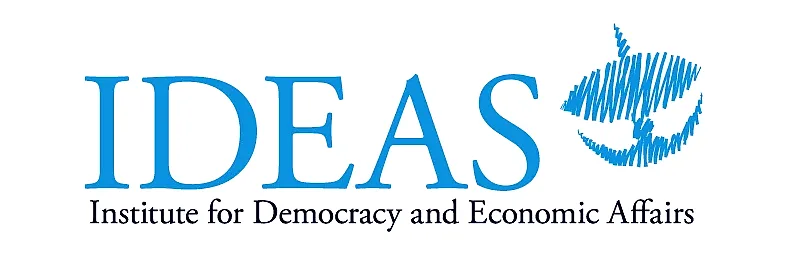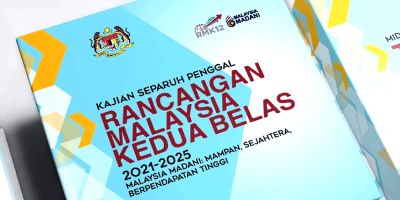
The Institute for Democracy and Economic Affairs (IDEAS) welcomes the government’s newly unveiled industrial policy, the New Industrial Master Plan (NIMP) 2030, and its overarching vision.
It deviates from past policies by shifting to a more horizontal policy framework, which is an alternative to the sectoral approach taken by previous industrial policy blueprints.
The holistic approach and focus on improving the business environment and increasing overall competitiveness, if implemented correctly, should help level the playing field and create an investor-friendly climate with a supportive ecosystem for start-ups and micro, small and medium enterprises (MSMEs).
Dr Tricia Yeoh, Chief Executive of IDEAS, said, “A broad-based, horizontal policy such as the NIMP 2030 is a timely strategic industrial policy direction for Malaysia, as it embarks on tackling on-going global challenges and responding to lingering effects of the COVID-19 pandemic.
“Moving away from the sectoral approach will encourage diversification and reduce the over-reliance on specific sectors, which will benefit Malaysia in the long-term and create quality jobs.
“However, we should examine failures and shortcomings from past Blueprints to ensure effective implementation of policies can take place.
“The policy should be accompanied by good governance and improved efficiency of inter-ministry and agency coordination.”
Additionally, as part of accelerating economic complexity and promoting high value-added activities in the sector, the NIMP pushes for expanding integrated circuit (IC) design and wafer fabrication activities in the E&E sector.
Although Malaysia has been promoting IC design, its progress has been stymied by talent shortage.
The added focus on IC design in NIMP will provide clarity in policy direction of the sector, but existing structural issues should be addressed with the support of complementary policies.
Furthermore, implementing a financing ecosystem is a welcome feature of NIMP 2030 aimed at bridging the financing gap through collaborative public-private partnerships (PPP).
This involves establishing the NIMP 2030 Industrial Development Fund (NIDF) and the NIMP 2030 Strategic Co-Investment Fund (CoSIF).
Dr Juita Mohamad, Director of Research at IDEAS, stated, “However, co-investment funds exist in several other domains of the economy in Malaysia, such as the Malaysia Co-Investment Fund (MyCIF) which focuses on SMEs and the Cradle Fund that targets the technology sector.
“The challenge is to restructure and streamline these co-investment funds to align with the NIMP’s aims and to avoid duplication of efforts.”
Dr Juita concludes, “The success of this strategic framework hinges on collective effort between the private sector and ministries and agencies, and proficient implementation is essential in delivering on the ambitious targets and action plans set out in the NIMP 2030.
“Nevertheless monitoring of the execution of the NIMP should be done closely and the mid-term review needs to be done transparently, to see which policies are effective and which ones are not.
“When implemented well, the vision of the NIMP can be trickled down to the sub-sector levels so that welfare gains could be reaped by various stakeholders such as the labor force, households, SMEs and the domestic supply chain.”
ADVERTISEMENT
ADVERTISEMENT






































